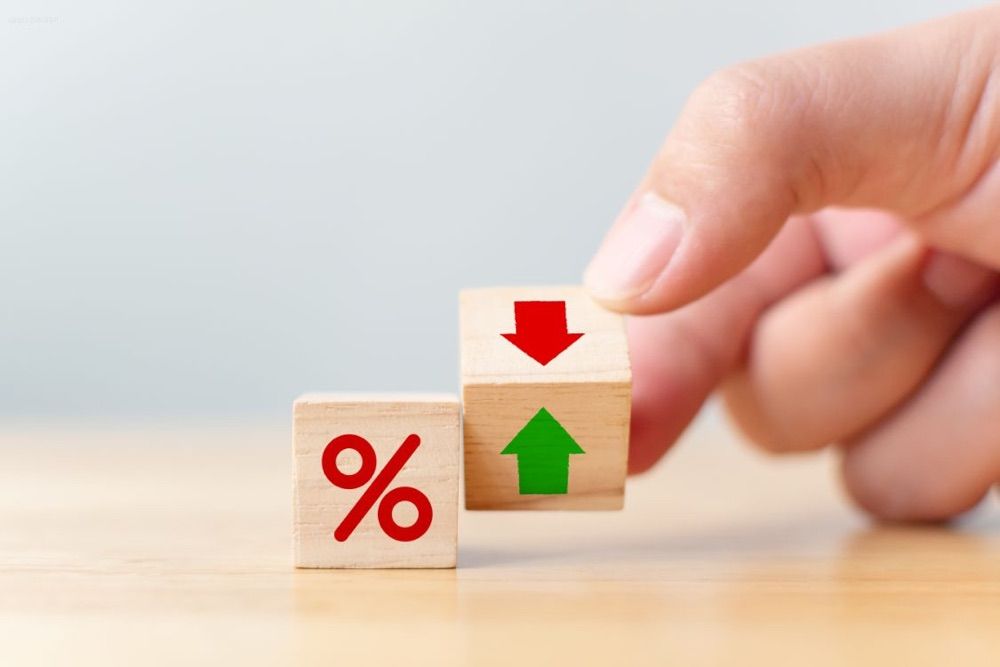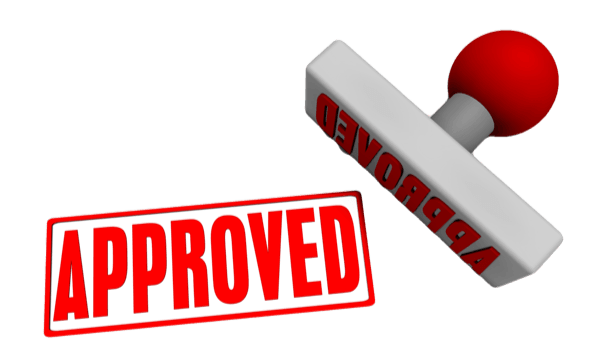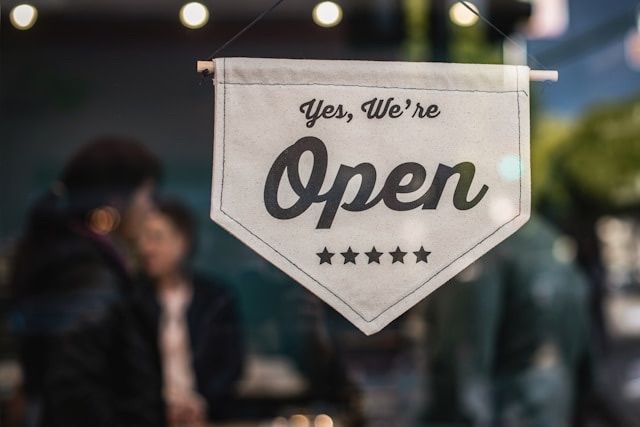Understanding Interest Rates on Business Loans

The interest rate on a business loan represents the cost of borrowing, expressed as a percentage of the loan amount. It varies based on several factors, such as the loan type, repayment term, creditworthiness of the borrower, and prevailing market conditions. Knowledge of these aspects helps businesses anticipate expenses, manage cash flow, and make informed financial decisions.
Understanding Business Loan Interest Rates
Being familiar with business loan interest rates is essential for managing borrowing costs effectively. Interest rates determine how much you'll pay in addition to the principal over the loan term. These rates are either fixed, unchanged throughout the loan term, or variable, adjusting periodically based on market conditions.
Factors influencing interest rates include credit score, loan amount, repayment terms, and economic indicators. Companies that compare different loan offers and understand the implications of the interest rate type make educated decisions and choose financing that aligns with their financial health and strategic goals.
Fixed vs. Variable Rates: Small Business Loan Considerations
When considering a small business loan, understanding the differences between fixed and variable interest rates is crucial.
Fixed Rate Loans
Fixed interest rates remain constant throughout the life of the loan, providing predictability in monthly repayments. This stability makes budgeting more straightforward, as you know exactly how much you owe monthly. Fixed rates are often preferable in a low-interest environment, locking in affordability. However, they might be higher initially than variable rates, potentially leading to higher overall costs if market rates fall.
Variable Rate Loans
Variable interest rates, in contrast, are subject to market conditions. They typically align with a benchmark rate, such as the prime rate. Initially, you may enjoy the advantage of lower rates, reducing your monthly payment. However, the uncertainty of future interest rate changes introduces risk. If rates rise, your loan repayments could escalate significantly, affecting cash flow and financial planning.
Risk tolerance, financial stability, and market outlook play a crucial role when deciding between fixed and variable rates. A fixed rate might be better if stability is your top priority and you prefer predictable payments. On the other hand, if you're comfortable with some risk and want to potentially benefit from lower initial rates, a variable rate could be advantageous.
What is a Good Business Loan Interest Rate?
A reasonable interest rate on a business loan is the lowest rate you qualify for based on your credit profile. Average business loan rates range from 7 percent to 99 percent, depending on the type of loan and the lender. Ideally, you would secure the most favorable rates that the lender offers.
Business lenders generally quote interest rates as an annual percentage rate (APR), which indicates the yearly cost of borrowing, incorporating both interest and fees such as origination, underwriting, and closing costs. Therefore, the most effective way to compare business loan rates is by using the APR, providing a comprehensive view of the total borrowing expense.
Remember, lenders consider several factors when determining small business loan rates, including your business’s credit history, duration of operation, and revenue. Understanding average interest rates can help you choose the best business loan, though your specific rate will depend on your creditworthiness.
Want More Information on Business Loan Rates? Talk to Us!
Searching for the best business loan can be challenging, mainly when time is critical. Exploring financing options and collaborating with loan brokers can significantly benefit your business. This approach helps you consider SBA loans and confidently secure the necessary funds.
Turn to American Capital Express for a business loan you can trust!









